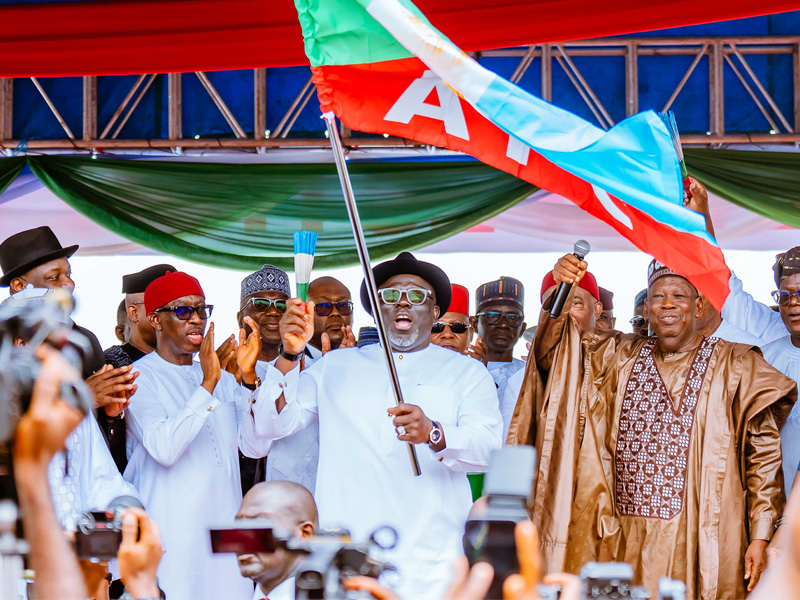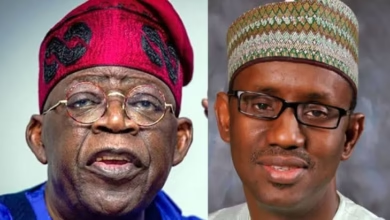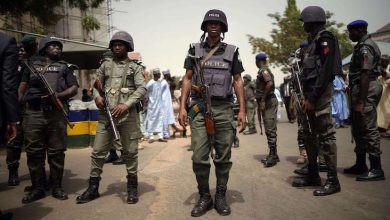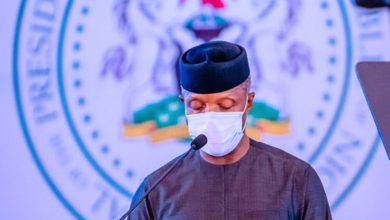
In the past few months, several senators, ministers, and governors have dumped their parties to join the APC. These recent defections have been quite alarming, leaving many Nigerians wondering if the country is slowly heading toward a one-party system.
At first, the movement to the APC seemed small, but now it’s become more serious as major players from other parties, especially the PDP, are switching sides. The most recent include Enugu’s Governor Peter Mbah, Bayelsa’s Governor Douye Diri, and Delta’s Governor Sheriff Oborevwori, with his predecessor Ifeanyi Okowa also being mentioned among those aligning with the ruling party.
Enugu’s switch came as a shock to many, given that the state has always been a PDP stronghold since Nigeria returned to democracy in 1999. The PDP has consistently produced governors in Enugu, including Chimaroke Nnamani, Sullivan Chime, and Ifeanyi Ugwuanyi. all of whom served two terms each.
In Delta, the PDP has also dominated the political scene for years. James Ibori was the first PDP governor elected in 1999, followed by Emmanuel Uduaghan in 2007. After his tenure ended in 2015, Ifeanyi Okowa took over until Sheriff Oborevwori, who is also a PDP member, assumed office. The state has rarely seen power slip from the PDP’s grip.
Bayelsa, on the other hand, was created in 1996 under military rule and returned to democratic governance in 1999. Since then, the PDP has been the dominant party. The state’s first civilian governor, Diepreye Alamieyeseigha, was PDP, followed by Goodluck Jonathan, Timipre Sylva, Werinipre Seibarugo, Nestor Binabo, and Henry Seriake Dickson, all members of the PDP.
As of now, there are many more defections set to happen as many dignitaries and law makers seem to be shifting base. One of which is Taraba state governor Agbu Kefas who is rumored to be joining the PDP soon.
The defection of sitting governors gives the APC more than just new members; it grants them access to state resources, political networks, and more influence at all levels. It also strengthens the APC’s image as the party in control, especially as the 2027 general elections draw closer.
The wave of defections has shifted the political balance in the South, where the PDP once had a firm hold, and has expanded the APC’s reach into these regions.
However, while these defections give the APC some advantages, the bigger test will be whether the party can sustain local support as the policies of the current regime has been responsible for increased inflation, that has taken a toll on the living standards of many Nigerians.





